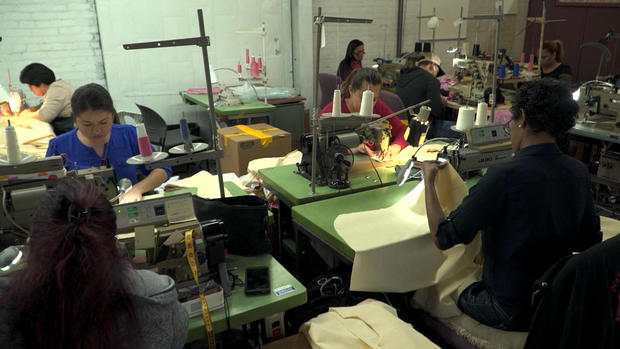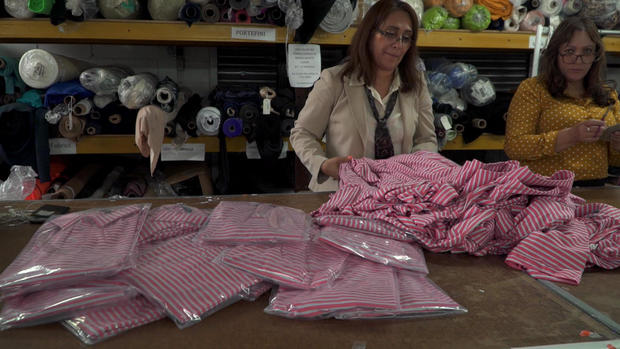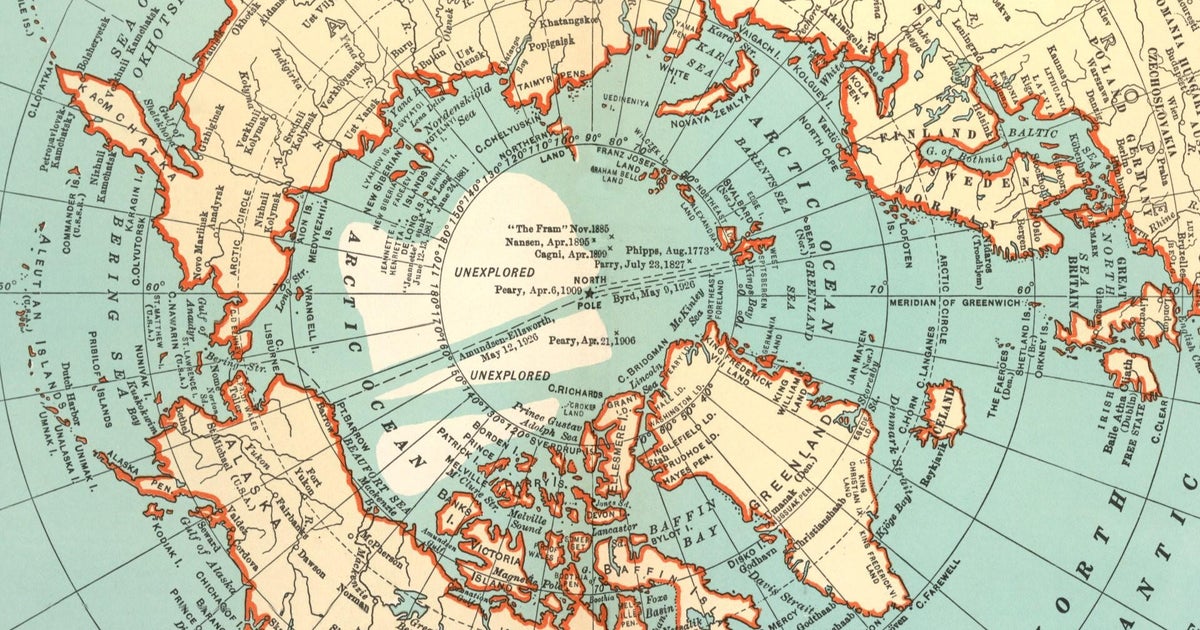India-born entrepreneur creates American jobs in the clothing industry
You may expect to find bustling garment factories in a far off foreign land. But in this northern New Jersey workshop, the only thing not made in America is the owner.
And her reason being, "Your supply chain gets broken when half is here and half of it is outside."
Suuchi Ramesh was born in India and came to the United States a decade ago to work in technology. However, even though she calls herself "very much a nerd," Ramesh always wanted to build something from scratch.
And it all started with a challenge. Ramesh became frustrated with her own search of clothes that could fit her petite stature.
"I was in client-facing roles, and it was important to look well-presented. But it was difficult to find things that fit me well off-the-shelf," she said. "So I had the idea that if I had that challenge, there must be other men and women who have it too."
So Ramesh quit her job to launch Suuchi Inc. in 2015, hoping to revive an industry that was left for the dead in America. According to the American Apparel & Footwear Association, more than 97 percent of apparel and 98 percent of shoes sold in the U.S. are made overseas.
Ramesh, however, believes that the trends are changing. "China and India and Bangladesh are not set up to meet where retail is heading. And if your supply chain is halfway across the world, it just by default cannot service the needs for speed-to-market and personalization," she said.
Through her venture that keeps all manufacturing in-house, Ramesh is also turning the tables on foreigners stealing American jobs, by creating them. She currently employs nearly 60 workers, 80 percent of whom are women.
Suuchi Inc. proudly boasts "Made in USA," and produces customized clothing for young fashion retailers, as well as uniforms for companies supplying to casinos and hotels.
Frank Bruno is one of Suuchi's clients. He decided to launch a line of blue collar shirts, representing America, so it had to be made in the USA.
Bruno is pleased that his American made clothes are in a factory founded and run by an India-born and educated entrepreneur.
"I'm a start-up company. This is what it's all about. This is the American way," Bruno said.
While it costs about 20 percent more to make clothes in the United States than to outsource it, Ramesh says the tradeoff is unmatched speed, quality and flexibility.
"If you add the opportunity cost of lost time and lost quality, and also quantifying the lost ability to personalize, it's actually less expensive to make it here. You need to do to adapt to the changing retail environment. And if you're not doing it here, then in many ways you're killing your opportunity to be successful as a brand for the future," Ramesh said.
New York University economist Petra Moser says immigrant entrepreneurs have a long history in the United States.
"Go back as far as Andrew Carnegie, who came from Scotland and then built a very, very large industrial, you might even call it an industrial empire and created many, many jobs," Moser said.
Ramesh plans to add 40 more jobs by the end of the year, a reminder that immigrants don't always take work from Americans - they create work too.
"I honestly feel that you can't separate the immigrant from the American. When you think of America, you think of people that have chased their dream, that have been successful and in many ways that is an immigrant, right?" she said.








